Pakistan misses public spending targets in health and education sector
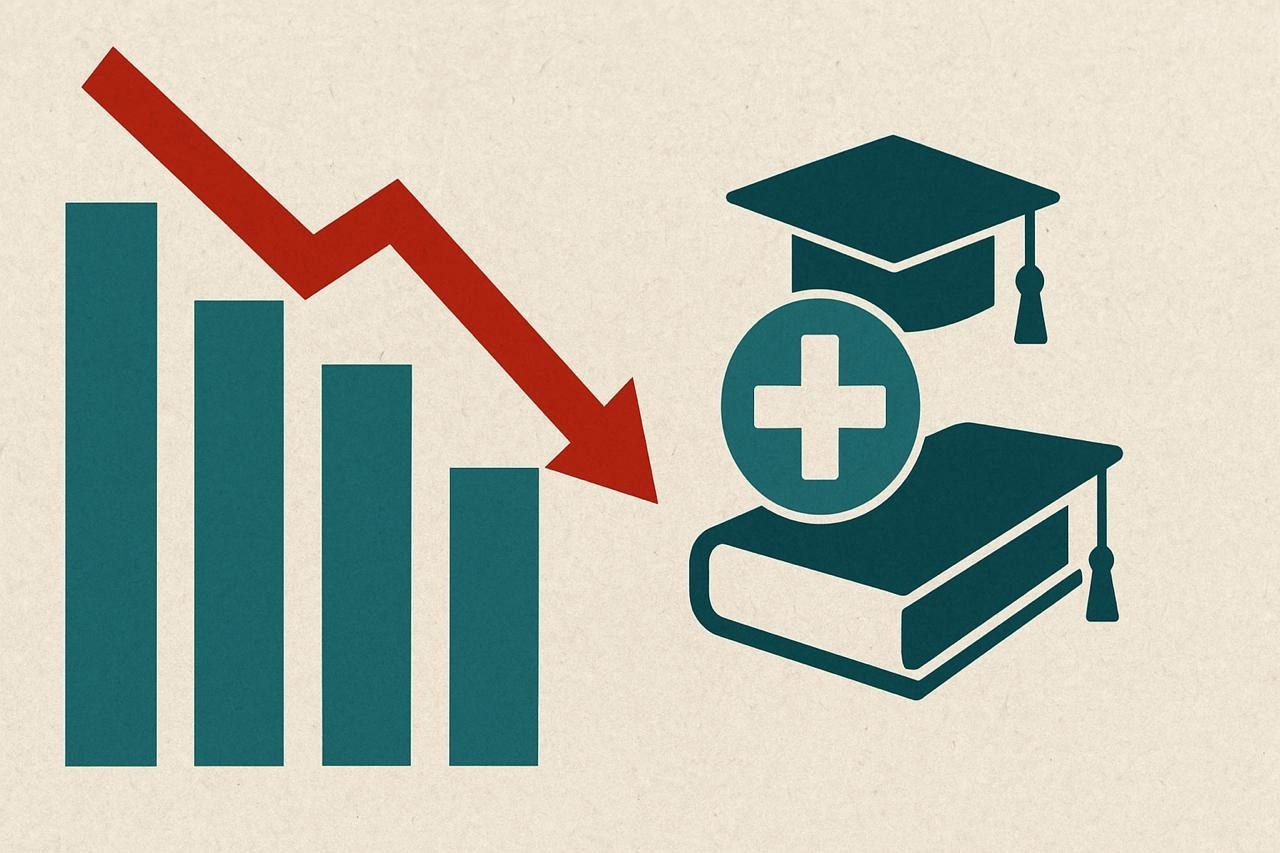
Web Desk
|
9 Aug 2025
Pakistan underspent by Rs240 billion compared to the targets set under mutual agreements between the federal and provincial governments. Sindh, Khyber Pakhtunkhwa (KP), and Punjab failed to meet their expenditure targets by significant margins, while the federal government and Balochistan exceeded their set targets.
Pakistan narrowly missed its social spending target with the International Monetary Fund (IMF) last fiscal year.
The federal government and all four provinces were supposed to spend a minimum of Rs2.86 trillion on health and education but spent only Rs2.84 trillion, a shortfall of Rs27 billion.
An IMF report highlights a decline in Pakistan’s spending on education and health since 2018. In the current fiscal year, the pace of expenditure in Sindh and KP has been unsatisfactory, primarily due to administrative weaknesses and a lack of capacity to utilise allocated funds effectively.
Punjab Government Information Minister Uzma Bukhari stated that the province had allocated Rs524.8 billion for health, of which Rs505 billion was spent. Similarly, for education, Rs664 billion was budgeted, and Rs649 billion was utilised, representing 98 per cent of the target.
Read: Pakistan govt accelerates right-sizing to meet IMF targets
In Sindh, the government set an expenditure target of Rs853billion, but actual spending amounted to only Rs670 billion, falling short by Rs183 billion. KP also failed to meet its target, spending Rs545 billion against a planned Rs600 billion, a shortfall of Rs55 billion.
Conversely, Balochistan exceeded its target by Rs25 billion, spending Rs206 billion compared to the allocated Rs181 billion.
A World Bank report notes that equitable access to education remains a major challenge in Pakistan, particularly in rural areas. As per 2022–23 data, Rs26.1 million children, 38 per cent of the total school-age population, are out of school, with 74 per cent of them residing in rural regions.
The report also warns that if the current pace continues, Pakistan is unlikely to meet the 2030 Sustainable Development Goals (SDGs) related to health.



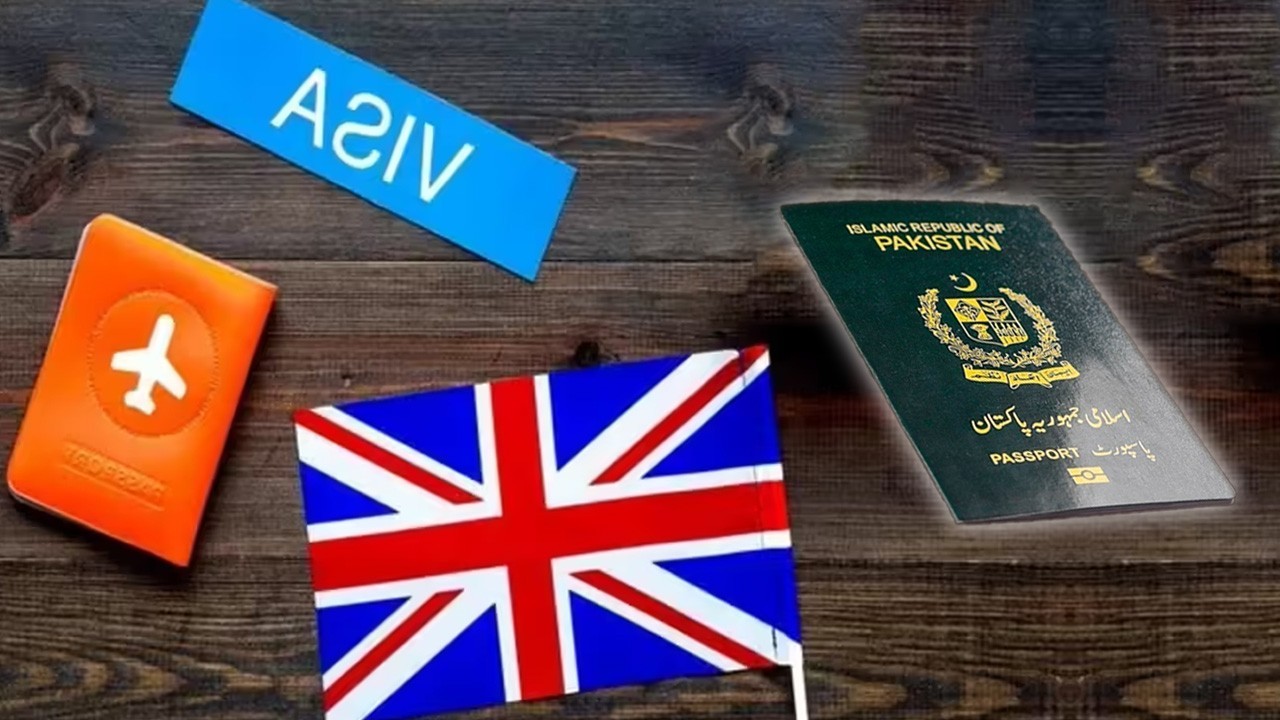

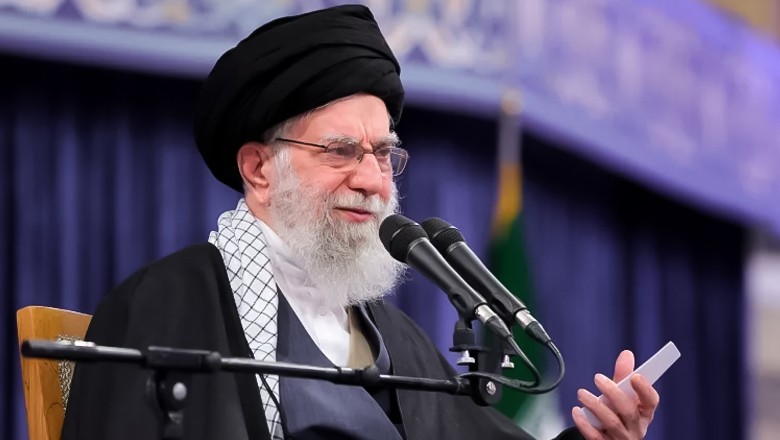

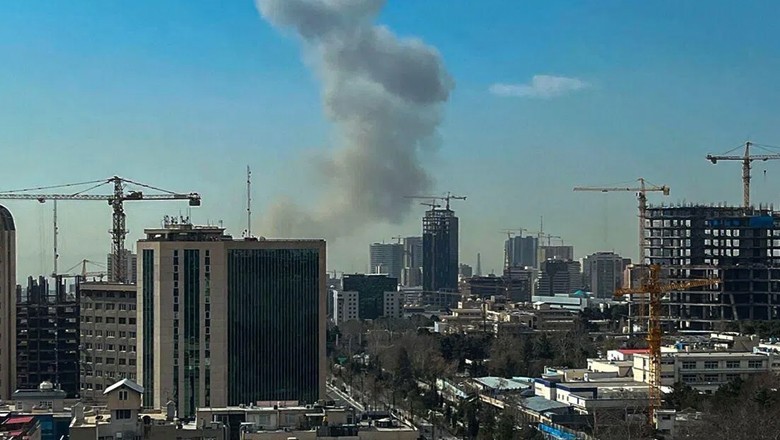
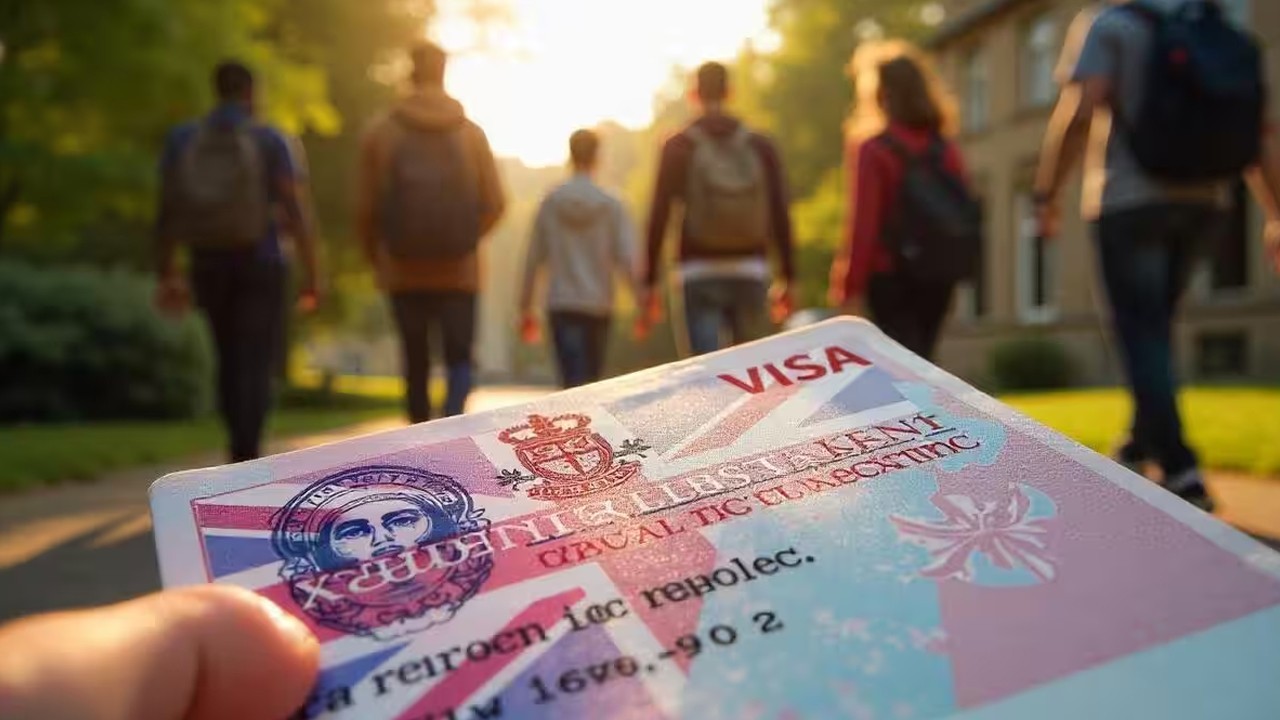


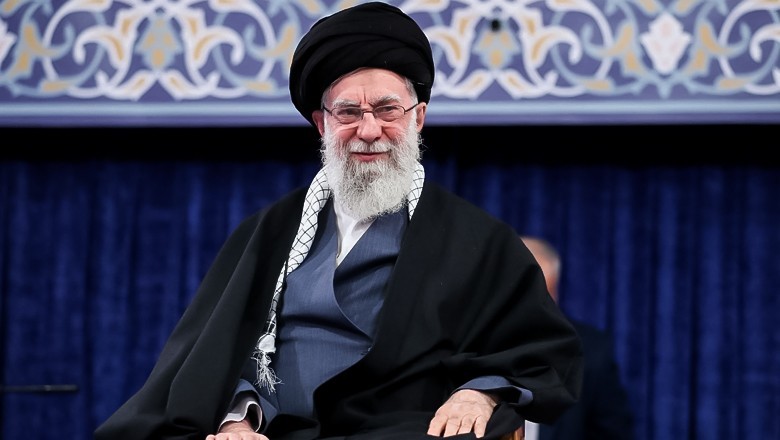
Comments
0 comment